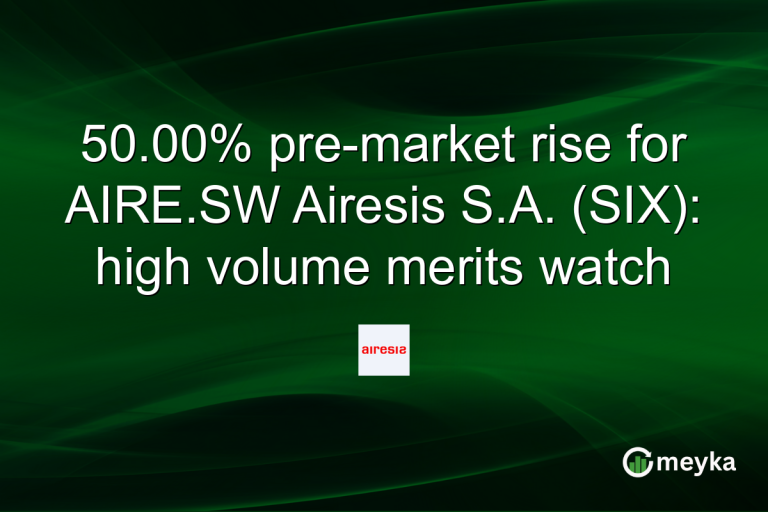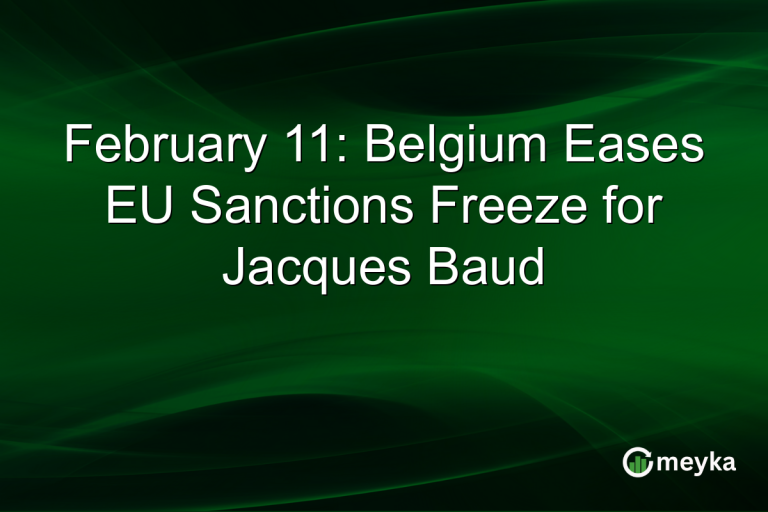Maduro vs. US: Venezuelan President’s Military Counter Moves Escalate
Rising tensions between Venezuela and the US have taken a new turn as Venezuelan President Nicolás Maduro authorizes significant military deployments. This action follows the movement of the USS Gerald R. Ford into Latin American waters, a maneuver that heightens US-Venezuelan tensions, affecting regional stability. Maduro’s military response signals growing defiance and a complex geopolitical landscape.
Continue Reading on Meyka
This article is available in full on our main platform. Get access to complete analysis, stock insights, and more.
Read Full Article →





